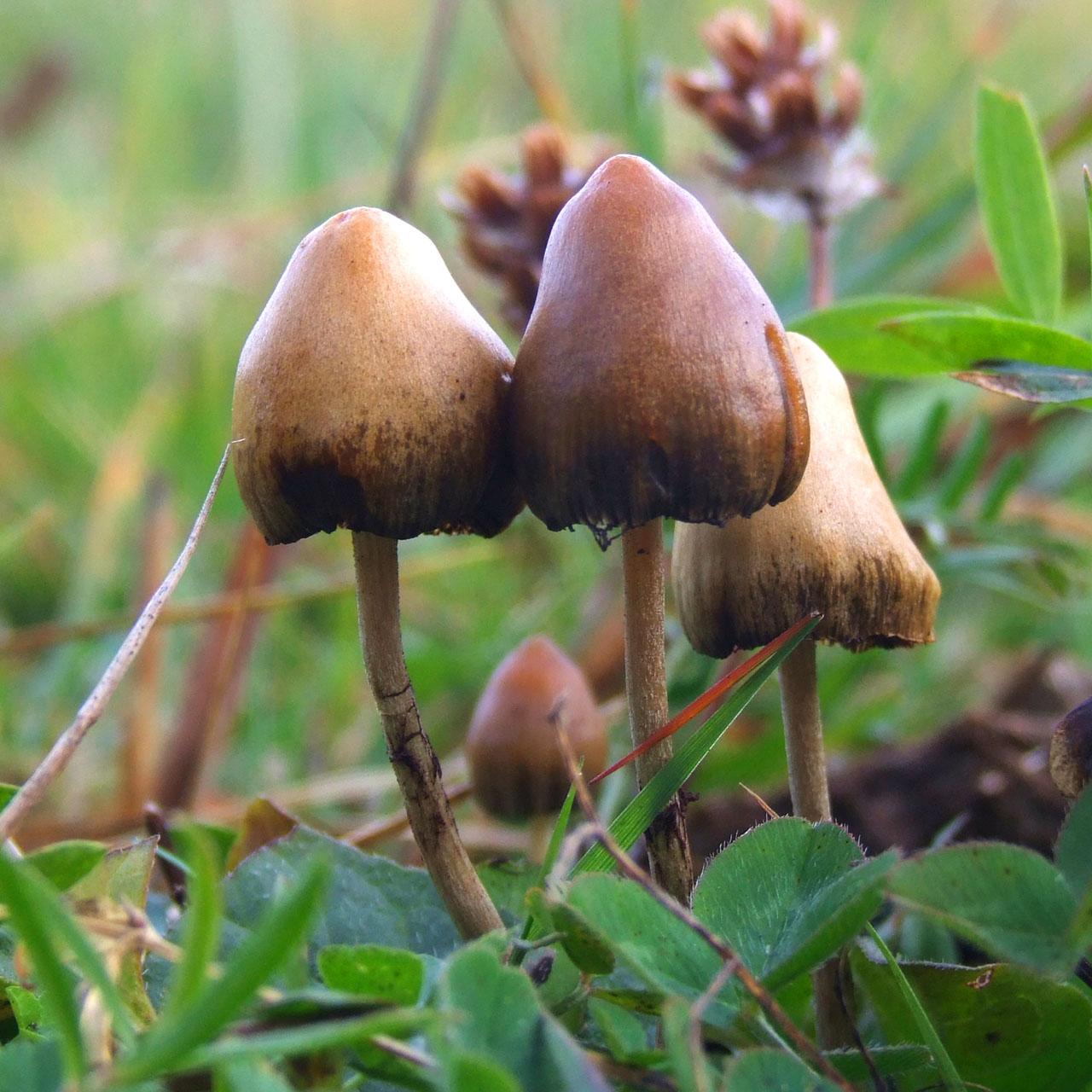For almost the past 100 years, some mental health professionals have told us that depression is purely caused by a chemical imbalance in the brain. However, there’s a much more realistic theory that depression happens due to an imbalance happening outside of your cranium. Journalist and author Johann Hari believes that while for some people it is a chemical imbalance, for many people suffering from depression, the cause stems from societal issues. Hari offers some staggering statistics showing that antidepressants seem to be doing much more harm than good — among them, that one out of every four middle-aged women in the United States is taking a chemical antidepressant in any given year. If we want to get rid of modern-day depression, he says, we have to change society. Johann Hari’s new book is Lost Connections: Uncovering the Real Causes of Depression – and the Unexpected Solutions.
Johann Hari: I kept learning intellectually about what causes depression and anxiety.
And that it’s much deeper than the story I’d been told by my doctor—that it’s just a missing chemical in your brain.
But I think it really emotionally fell into place when I went and met an incredible South African psychiatrist called Derek Summerfield. So Derek was in Cambodia when chemical antidepressants were first introduced there. And the Cambodian doctors didn’t know what they were, right? They’d never heard of it. So he explained it to them and they said, “Oh, we don’t need them. We’ve already got antidepressants.”
And Derek said what do you mean?
He thought they were going to talk about some kind of herbal remedy or something.
Instead they told him a story. There was a farmer in their community who one day, a rice farmer, who one day had stood on a landmine and had his leg blown off. And so they gave him an artificial limb and he went back to work in the fields. But it’s apparently very painful to work in water when you’ve got an artificial limb. And I imagine it was quite traumatic—He’s going back to the fields where he was blown up.
And he started crying all day. He didn’t want to get out of bed. Classic depression, right? And so they said to Derek, “Well we gave him an antidepressant.” Derek said what did you do? They explained that they sat with him, they listened to his problems, they realized that his pain made sense. He was depressed for perfectly good reasons. They figured if we bought him a cow he could become a dairy farmer then he wouldn’t be so depressed. They bought him a cow. Within a few weeks his crying stopped, he felt fine.
They said to Derek, “You see, Doctor, that cow was an antidepressant.” Now if you’ve been raised to think about depression the way that we’ve been indoctrinated to, that it’s just the result of – there are real biological factors but it’s just the result of a chemical imbalance in your brain—that sounds like a joke, a bad joke. They gave the guy a cow as an antidepressant and he stopped being depressed?
But what those Cambodian doctors knew intuitively is what the World Health Organization has been trying to tell us for years. Depression is a response to things going wrong deep in our lives and our environments. Our pain makes sense.
As the World Health Organization put it, mental health is produced socially. It’s a social indicator. It requires social as well as individual solutions. It requires social change, right?
Now that is a very different way of thinking about depression and anxiety but it happens to fit with the best scientific evidence.
And it really required me to reassess how I’d felt about my own pain and how I tried to deal it unsuccessfully and open up a whole different way of responding to my depression and anxiety that worked for me.
And I think as the World Health Organization says and the UN says, if we talk less about chemical imbalances and more about power imbalances we will get more at the heart of depression and anxiety and we’ll find better solutions.
This was a—this was such a personal and difficult journey for me. There were these two mysteries that were really kind of haunting me, and it’s a sign of how afraid I was to look into them. I wanted to start doing this seven years ago and I figured it would actually be easier to do a book that required me to go and spend time with the hitmen for the Mexican drug cartels instead, which I then did.
And the first was: why was I still depressed? I’d gone to my doctor when I was a teenager and I’d explained I had this feeling like pain was kind of leaking out of me. I didn’t understand it. I couldn’t regulate it. I was very afraid of it. I was very ashamed of it.
And my doctor said, “We know why you feel this way. There’s a chemical called serotonin in people’s brains and it makes people feel good. Some people naturally lack it. You’re clearly one of them. We’ll give you these drugs. They’ll boost you back to a normal serotonin level.”
And I felt such relief when I was give that story and even more relief when I was given the drug. And for a few months I felt radically better.
And then this sense of pain started to kind of bleed back in. So I went back to the doctor and he said, “We didn’t give you a high enough dose.” I took a higher dose. Again—got relief again, and the pain came back. And I was really in that cycle until I was taking the maximum possible dose for 13 years. And at the end of it I still felt terrible.
The second mystery, and to me the much more important one, is: why are so many other people in our culture feeling such profound despair and anxiety? One in five Americans will take a psychiatric drug. One in four middle-aged women in the United States is taking a chemical antidepressant in any given year.
And I thought, I began to think, “Could it really be that just so many people are just mysteriously lacking a specific chemical in their brain? Why does it seem to be rising so much if that’s the cause?”
So I forced myself to go on this journey over 40,000 miles for my book Lost Connections.
I met the leading scientists in the world who studied the causes of depression and anxiety and the solutions. The first thing I learned is that story my doctor told me is not true.
Professor Andrew Scull at Princeton University says it is deeply misleading and unscientific to say that depression is just caused by low serotonin.
Dr. David Healy in Britain says you can’t even say that idea has been discredited because it was never credited.
There was never a time when half of the scientists in the field believed that. It doesn’t mean there’s no value to chemical antidepressants. There’s some value, but what I learned is actually I had been wrong about depression all my life.
Until I went to my doctor when I was a teenager I thought it was “all in my head,” meaning you’re weak, you’re just not tough enough.
And then for the next 13 years I thought it was “all in my head,” meaning it’s a chemical imbalance.
What I learned is: it’s largely not in our heads. There are real biological factors that can make it worse, but the main causes of depression and anxiety are in the way we’re living today.






